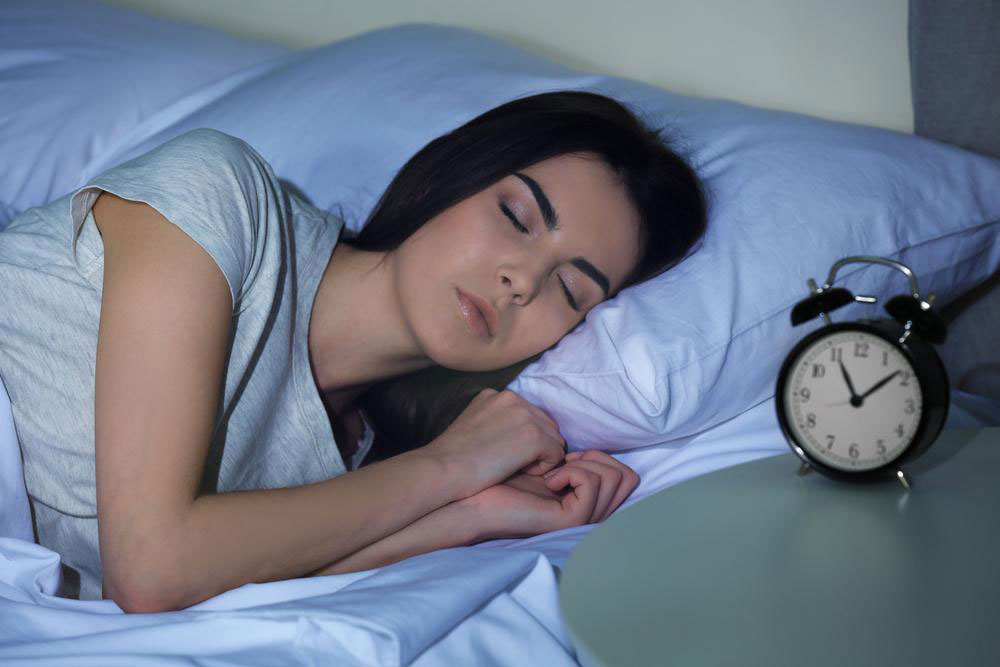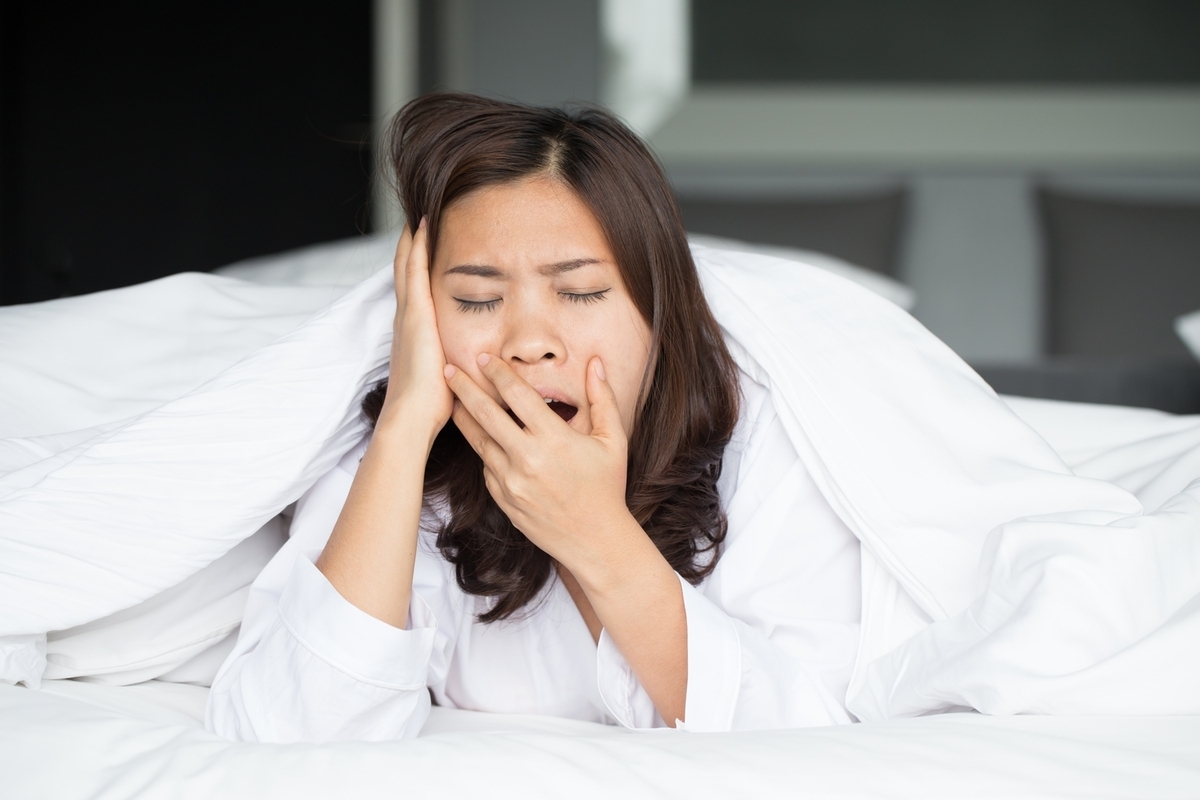Comprehensive Guide to Effective Sleep Aids for Overcoming Insomnia
This comprehensive guide discusses various effective sleep aids for overcoming insomnia, highlighting prescription options, over-the-counter remedies, their benefits, side effects, and crucial safety tips. Combining medication with sleep hygiene and behavioral strategies can lead to improved sleep quality and overall health. Consulting a healthcare professional is essential for personalized treatment plans.

Comprehensive Guide to Effective Sleep Aids for Overcoming Insomnia
Insomnia is one of the most common sleep disorders impacting millions worldwide. Characterized by difficulty falling asleep, staying asleep, or experiencing restorative sleep, insomnia can significantly impair daily functioning, mood, and overall health. The condition manifests in two main forms: acute insomnia, which is typically temporary and often triggered by stress, lifestyle changes, or environmental factors; and chronic insomnia, a persistent problem lasting more than a month that may be linked to underlying medical conditions, medication side effects, or behavioral habits. Understanding the types and causes of insomnia is crucial for choosing the appropriate treatment strategies, including medication and lifestyle modifications.
Effective management of insomnia often involves a combination of pharmacological interventions and behavioral therapies. Medications can provide relief by promoting sleep onset and maintaining sleep, but they should be used cautiously and under medical supervision to reduce potential risks like dependence and side effects. Here, we explore the most commonly prescribed and over-the-counter sleep aids, their mechanisms, benefits, and considerations for safe use.
Prescription Medications for Sleep Aid
Several prescription medications are available to assist those struggling with insomnia. The choice of medication depends on factors like the severity of symptoms, underlying health conditions, and potential side effects. Here is a comprehensive overview of some of the most widely used sleep medications:
Zolpidem (Ambien, Intermezzo): Zolpidem is a sedative-hypnotic medication that helps initiate and sustain sleep. It is effective for short-term treatment but may cause sleep disruptions such as nighttime awakenings or abnormal behaviors like sleepwalking or sleep-eating. The extended-release form, Ambien CR, provides a prolonged effect, helping maintain sleep through the night.
Eszopiclone (Lunesta): An effective hypnotic that reduces the time it takes to fall asleep and increases total sleep duration. However, users should be aware of possible side effects like dizziness, dry mouth, or next-day drowsiness, especially with insufficient sleep.
Ramelteon (Rozerem): This medication acts on melatonin receptors to regulate the sleep-wake cycle, making it suitable for long-term use without dependence risks. It is often recommended for patients with irregular sleep schedules or circadian rhythm disorders.
Antidepressants (e.g., Trazodone, Amitriptyline): Certain antidepressants are prescribed off-label for insomnia due to their sedative properties. They help improve sleep onset, reduce anxiety, and increase sleep quality. Their use should be monitored carefully to manage potential side effects.
Doxepin (Silenor): Originally developed as an antidepressant, Doxepin is now used at lower doses for its potent histamine receptor blocking, which sustains sleep time, particularly for those with less than seven hours of sleep per night.
Over-the-counter Aids (antihistamines): Medications like Doxylamine are readily available and can provide quick relief from sleep difficulties. However, prolonged use may cause drowsiness during the day, dry mouth, urinary retention, and other anticholinergic side effects.
Zaleplon (Sonata): Known for its rapid onset, Zaleplon is ideal for individuals who wake up during the night and need quick assistance resuming sleep. Its short duration minimizes next-day drowsiness, making it suitable for occasional use.
Benzodiazepines (e.g., Triazolam, Temazepam): Powerful sedatives that facilitate sleep, but their use is generally limited due to risks of dependence, tolerance, and cognitive impairment. They are best reserved for short-term treatment under strict medical supervision.
Potential Side Effects and Precautions
While these medications can effectively improve sleep, they are associated with potential side effects. Common issues include sleepwalking, sleep-related behaviors (like eating or driving while not fully conscious), daytime drowsiness, cognitive impairment, headache, dry mouth, dizziness, and gastrointestinal discomfort. More serious concerns involve the development of dependence, withdrawal symptoms, and the risk of accidents due to impaired alertness.
To mitigate these risks, medication should be used at the lowest effective dose for the shortest possible duration. Patients should adhere strictly to medical advice, avoid alcohol, and not combine sleep medications with other CNS depressants. Regular follow-up with a healthcare provider is essential to monitor treatment efficacy and adjust dosage or therapy as needed.
Non-Pharmacological Approaches to Sleep Improvement
In addition to medications, behavioral and lifestyle modifications play a vital role in managing insomnia. Cognitive-behavioral therapy for insomnia (CBT-I) is considered the gold standard, addressing negative thoughts about sleep and establishing healthy sleep habits.
Practical tips include maintaining a consistent sleep schedule, creating a relaxing bedtime routine, ensuring a comfortable sleep environment, avoiding caffeine and electronic screens before bed, and engaging in regular physical activity during the day. Such holistic approaches can improve sleep quality sustainably and reduce reliance on medications.
Conclusion
Insomnia remains a complex and multifaceted disorder, but a combination of appropriate medications, behavioral changes, and sleep hygiene practices can significantly alleviate symptoms. Consulting with a healthcare professional is crucial to determine the best course of action tailored to individual needs. While medications can offer quick relief, addressing underlying causes and adopting healthy sleep habits ensures long-term sleep health and overall well-being.





